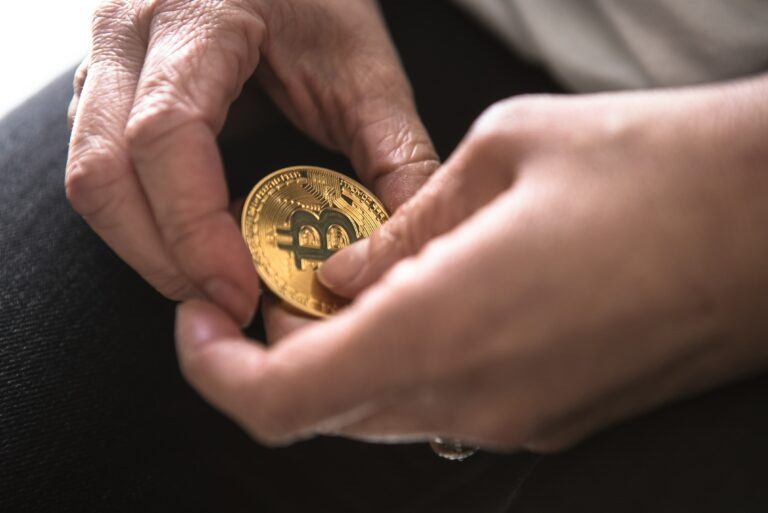Billionaire investor Mark Cuban has, on social media, said bitcoin could be a store of value, but questioned how a BTC economy would work and the cryptocurrency’s ability to replace to the current system.
In a Twitter discussion with several cryptocurrency proponents, Cuban said that bitcoin can “be a store of value,” but pointed out that while the analysis of Preston Pysh on the current financial system wasn’t wrong, his analysis of the “fungibility of btc and it’s ability [sic] to impact society as a replacement for the current system” was.
It can be a store of value. But the conversation started with the challenges of the current federal reserve system. He isn’t wrong about the system. But he is wrong about the fungibility of btc and it’s ability to impact society as a replacement for the current system
— Mark Cuban (@mcuban) June 5, 2020
Responding to other tweets from Cuban questioning how a bitcoin-based financial system would impact those with no assets who are trying to acquire BTC, and how factionalized the cryptocurrency ban be, Pysh told him that while he appreciates his time discussing the issue, he’ll be waiting for the market to decide who’s right.
In a hypothetical scenario, Cuban summed up his thesis, asking what he would be able to do with 1 million BTC valued at $10 billion in 50 years. In the discussion, he kept questioning the HODL mentality, as if users keep accumulating in the future the crypto-economy could be – and to some already is – influenced by whales.
The billionaire also made a case that bitcoin will not be replacing the U.S. dollar:
It doesn’t matter what denomination the revenues are in ? You can’t say dollars will lose value while btc increases in value and not recognize the spread in conversion. Why would anyone take your dollars for btc ? You are lost. Completely lost in your own BS. Sorry.
— Mark Cuban (@mcuban) June 5, 2020
Bitcoin’s future and its use cases are a highly debated topic, both outside the cryptocurrency community and within. While a majority of investors seem to agree it is a store of value, others have argued it should be digital cash.
The discussion has parts of its roots in the scaling debate that culminated in August 2017, when the Bitcoin blockchain was split in two to create Bitcoin Cash. On one side users defended a store of value use case, arguing decentralization was a must, while on the other – that of BCH – users defended bigger blocks were necessary for it to be used as cash.
Featured image via Unsplash.









